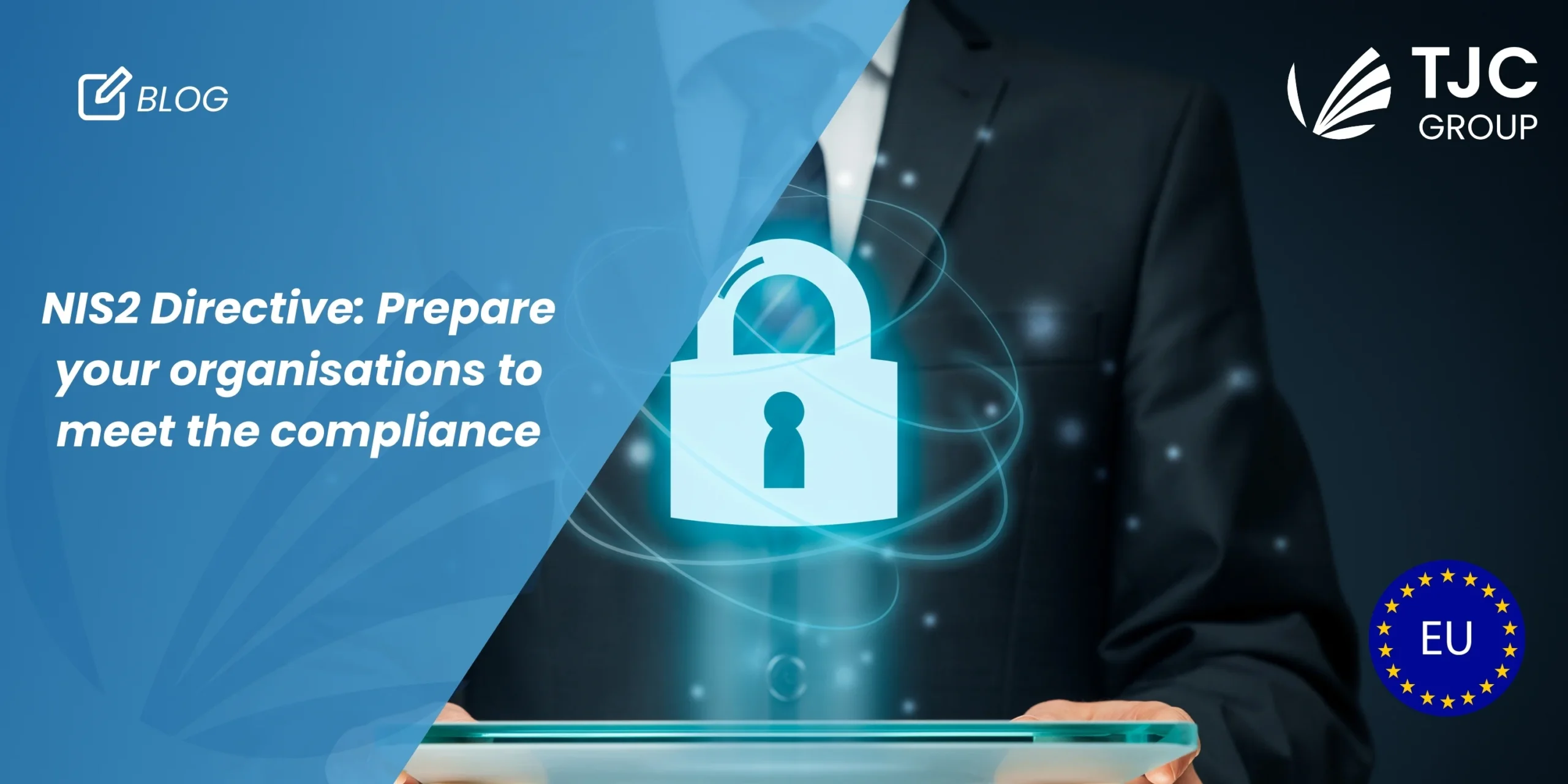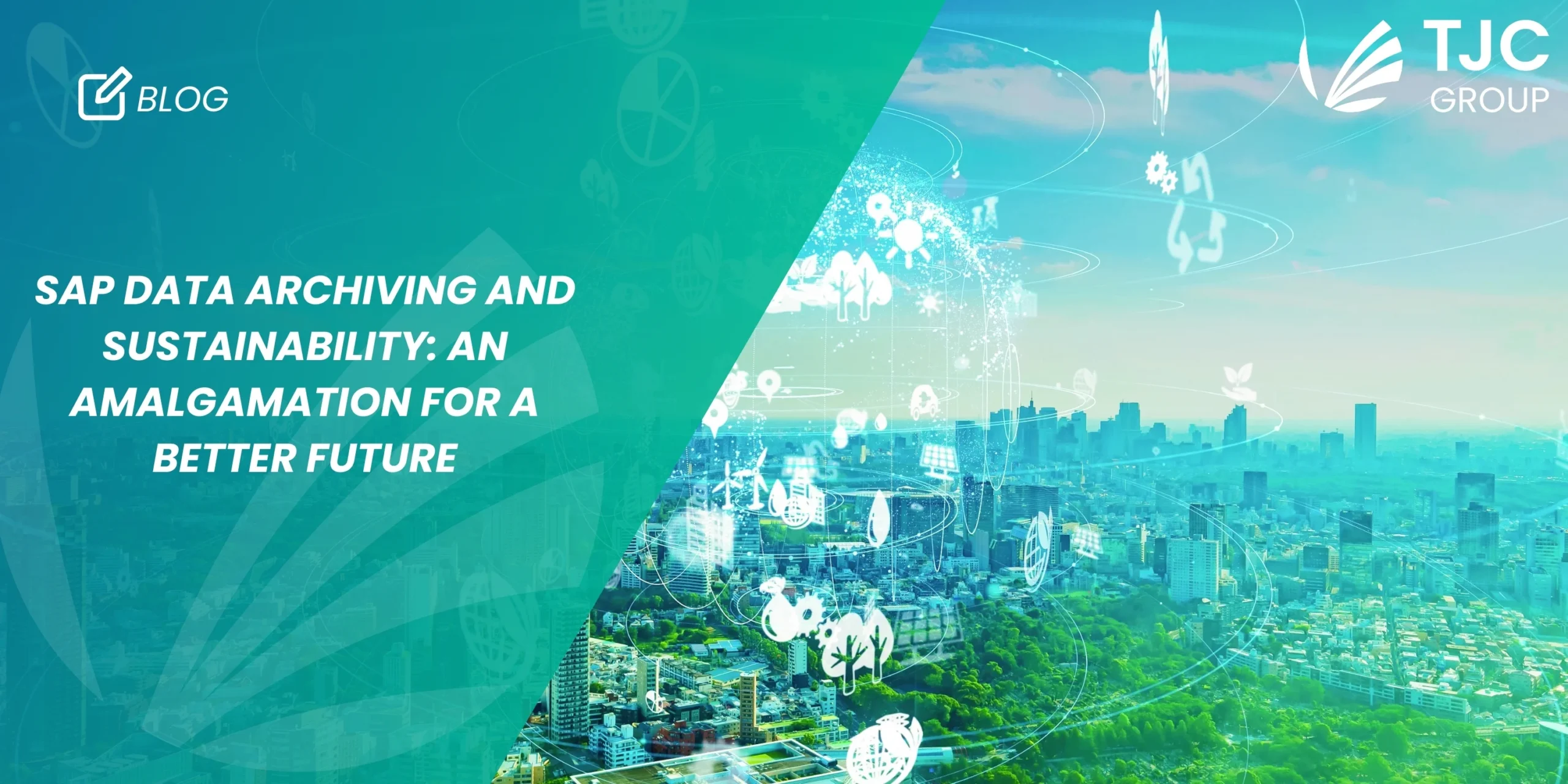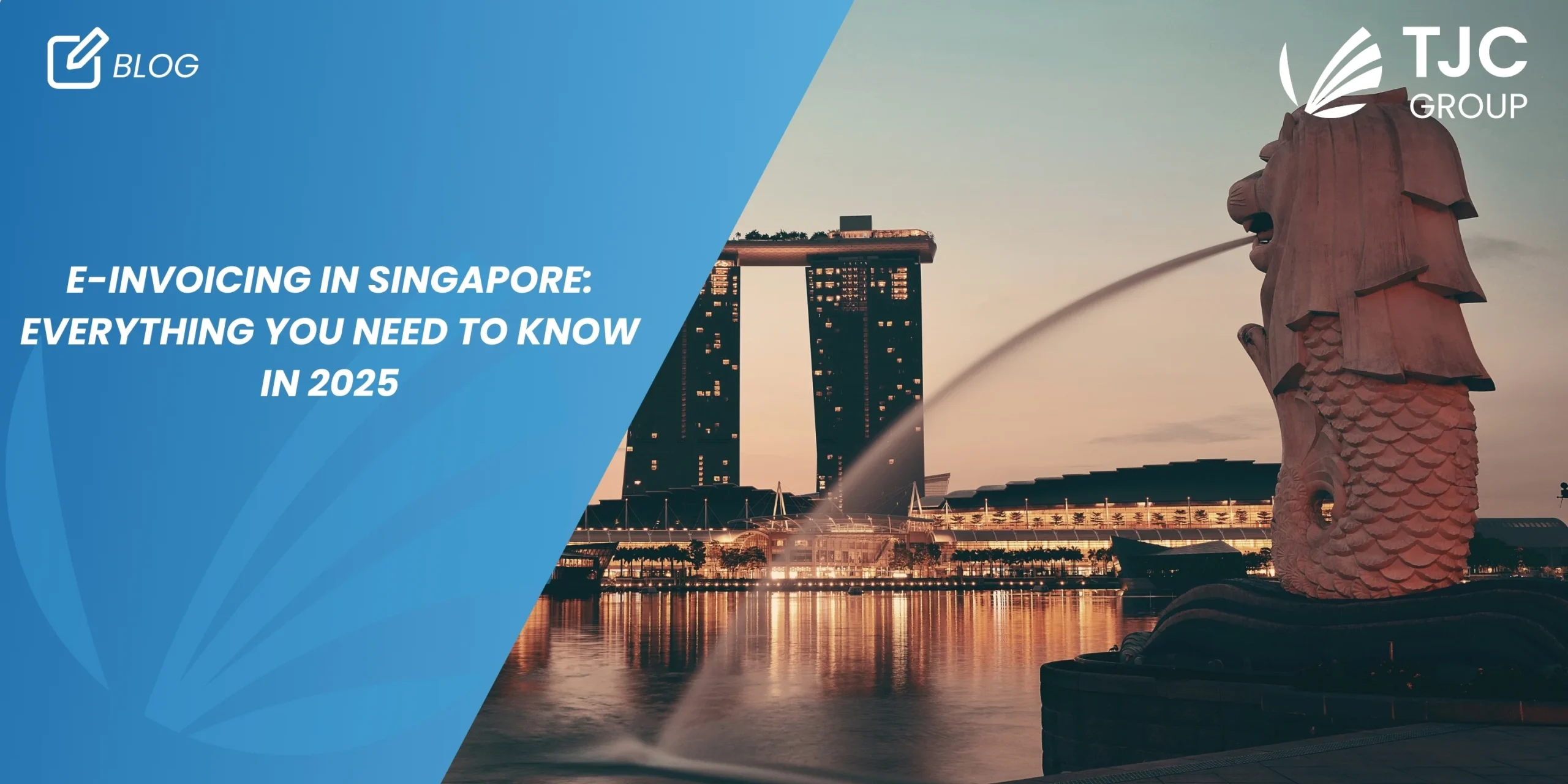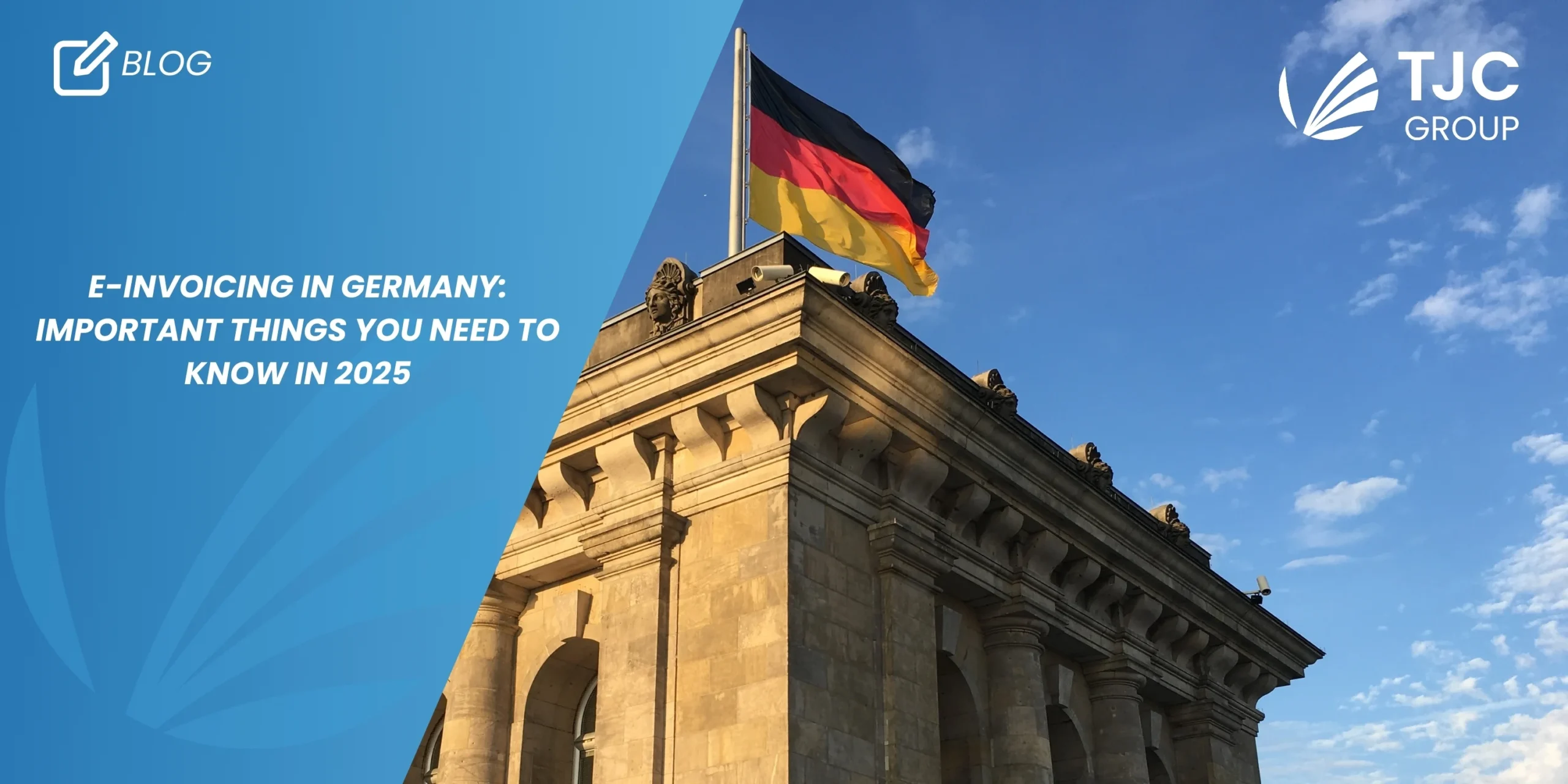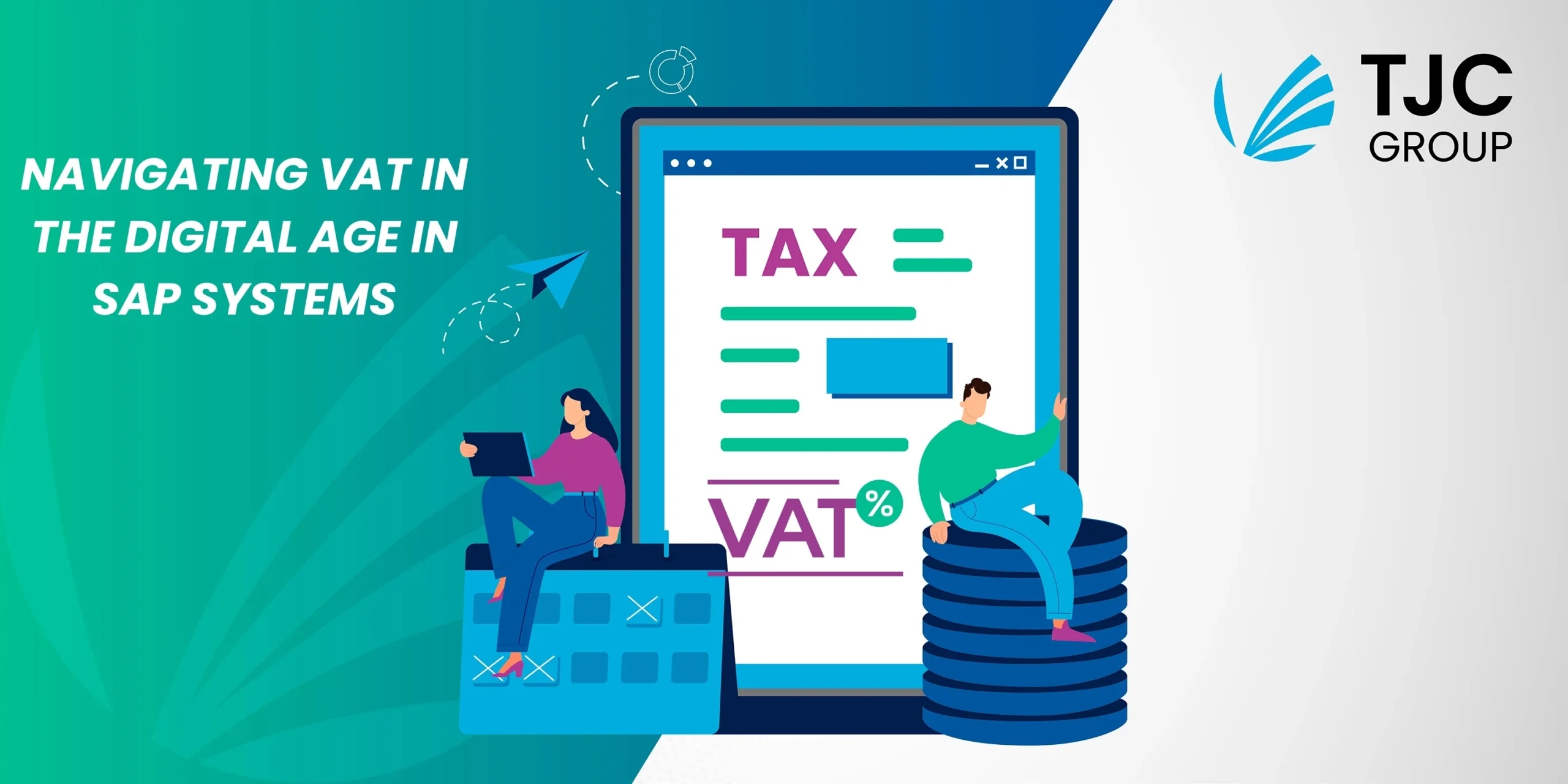Tuesday, 30th July 2024
In a welcoming move, the Inland Revenue Board of Malaysia (IRBM) recognised that taxpayers require sufficient time to comply with the legal requisites of e-invoices, especially when it comes to challenging and complex business environments. The board released a press announcement, which put forth a relaxation period in the first six months from the mandatory date of implementation of e-invoices in order to allow organisations to issue consolidated e-invoices for all their transactions.
Some of the key points to be noted are as follows –
- Allow all activities and industries to issue consolidated electronic invoices that also include self-billed e-invoices.
- Enable transaction description to be entered in the field – Product or Service Description.
- If the buyer requests an e-invoice, the seller is allowed to issue consolidated electronic invoices without issuing an e-invoice for each transaction.
Some more pointers to keep in mind
Apart from this, the Inland Revenue Board of Malaysia (IRBM) also put forth the following –
- There will be no prosecution action under Section 120 of the Income Tax Act for non-compliance with e-invoicing regulations during the six-month relaxation period. However, the condition is that the taxpayer must comply with the requirements of the consolidated e-invoices as stated above.
- The 6-month relaxation period aims to provide sufficient time for organisations and taxpayers to ensure that the entire e-invoicing landscape is implemented more effectively while covering all its aspects, such as system availability, smooth business operations, and more efficient and streamlined management in businesses.
Additional benefits
It is imperative to note that the revenue board has decided to recognise taxpayers or organisations that implement the requirements and whole e-invoicing process according to the set timeline without using the relaxation period of 6 months. For the same, a reduction in the capital allowance claim period from three years to two years will be given for ICT equipment and computer software package purchases, effective from 2024 to 2024 Year of Assessment (YA).
Taxpayers and organisations have welcomed this move as it recognises a broader connected ecosystem of service providers, businesses, ERPs, and so on. To stay updated on more news on e-invoicing in Malaysia and other countries, follow our blog and LinkedIn pages. For e-invoicing implementation requirements, contact our experts here!



